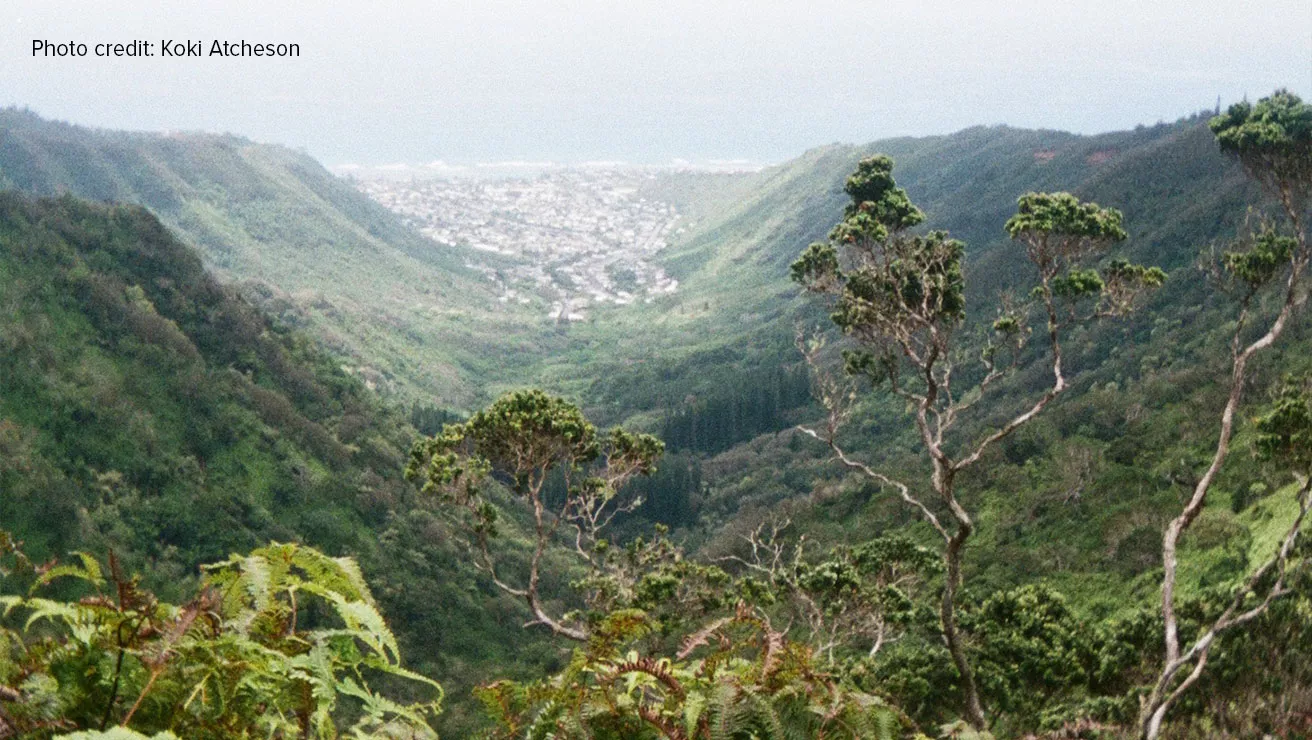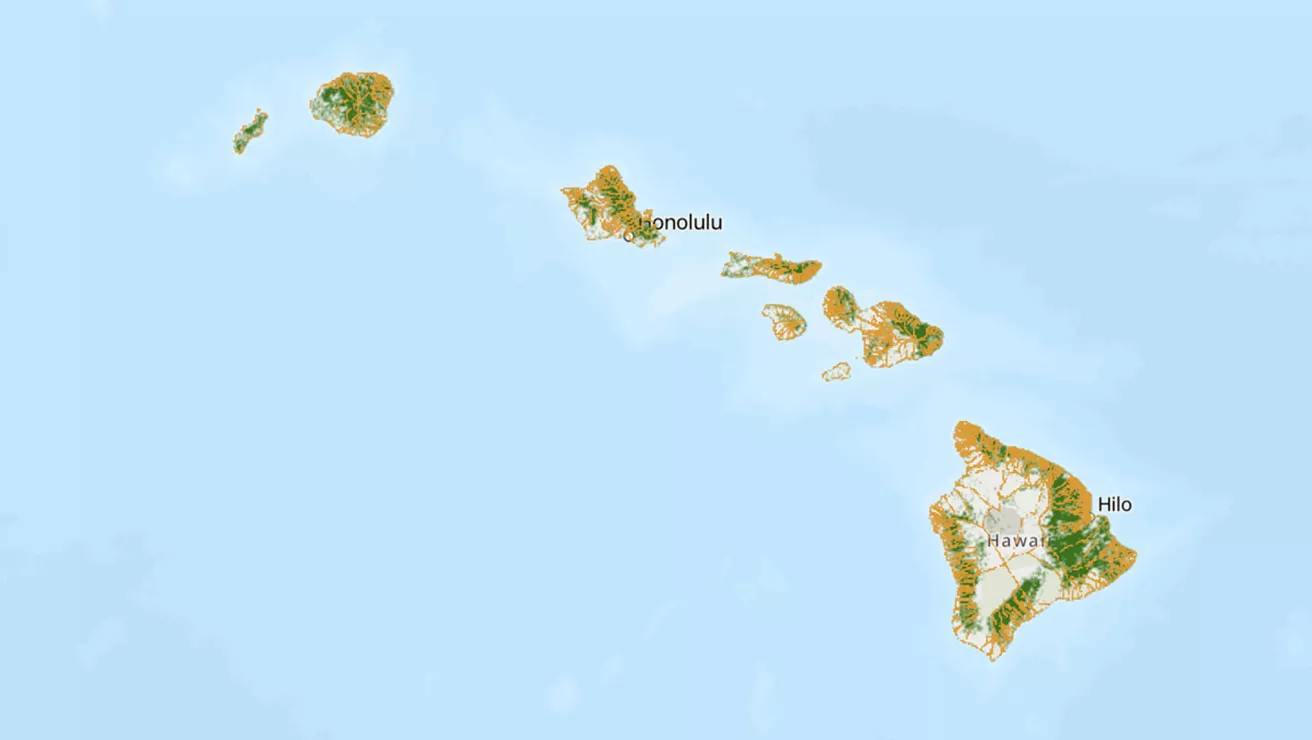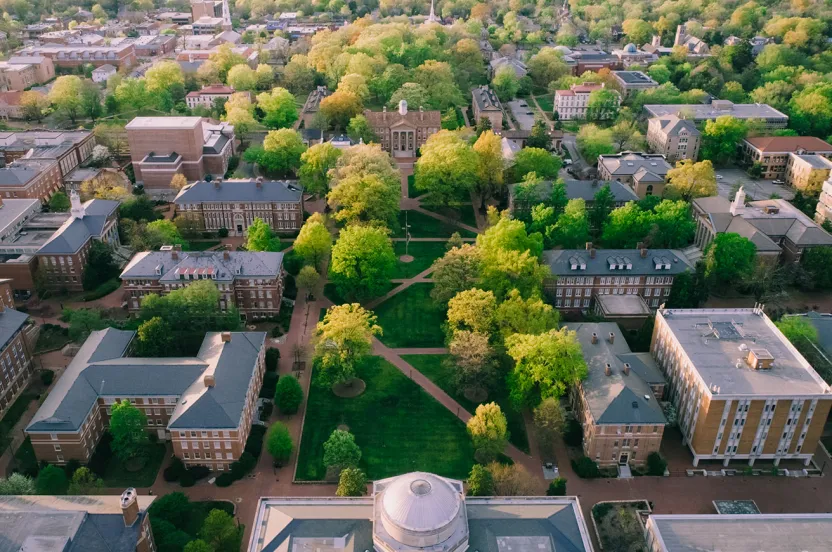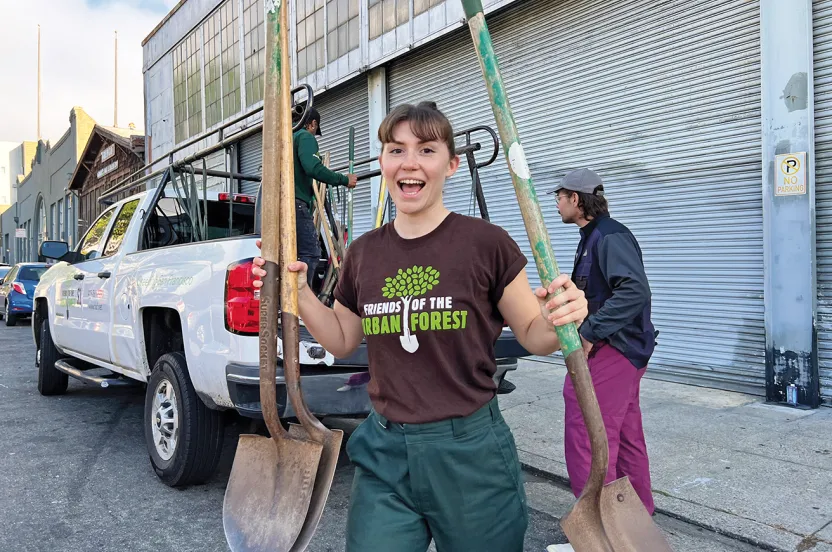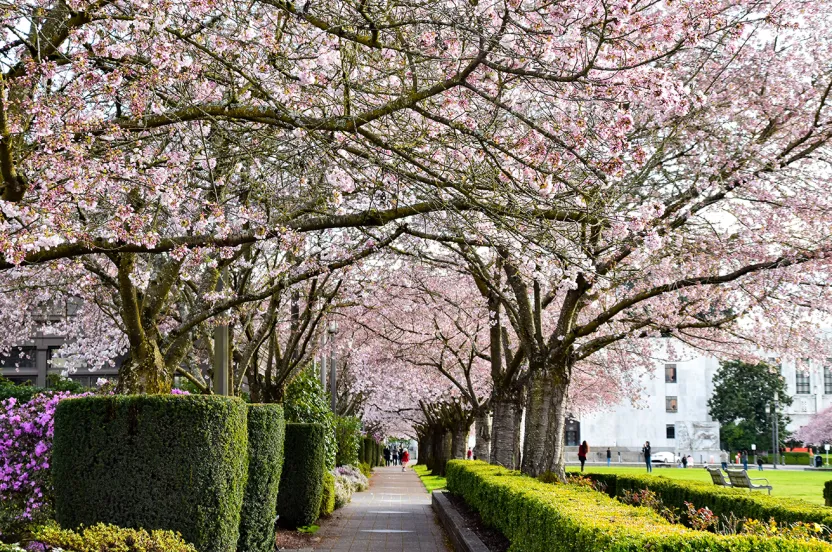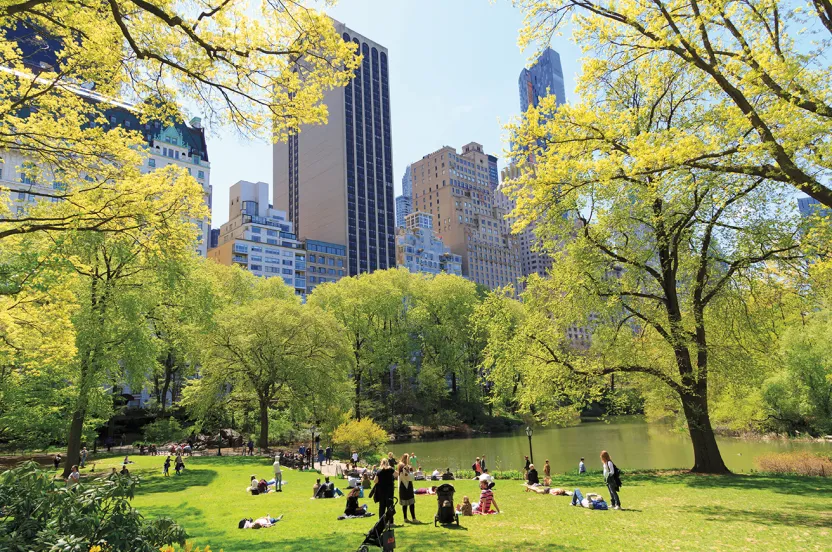Celebrate Arbor Day with 15% off our shop and nursery. Use code LETSGROW. SHOP NOW
What Could Be More Neighborly Than Sharing Mangoes?
Fruit trees and a tradition of sharing strengthen resilience in Hawai‘i.
July 31, 2023
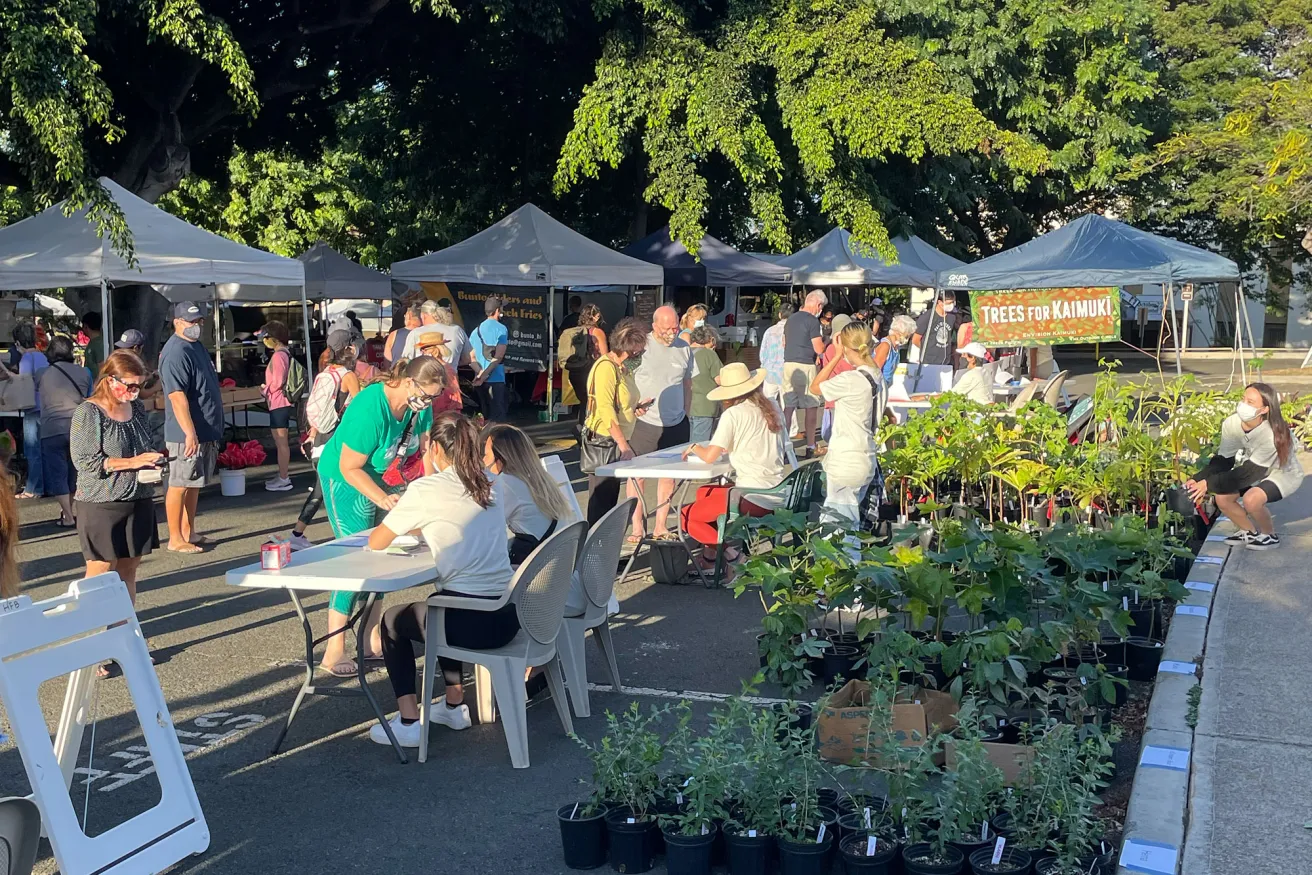
Where is your next meal coming from? For many, this question probably raises visions of all the restaurants they like or foods they’re craving. For others, it’s a reminder that they don’t know what or when their next wholesome meal will be.
Food insecurity is a reality throughout the United States, but this issue takes on a higher level of complexity in Hawai‘i. A study by the University of Hawai‘i revealed that 48% of households with children experienced food insecurity in 2021. Think about that for a second — nearly half of families in Hawai‘i weren’t trying to decide what to eat for dinner but if there would be enough for a nutritious dinner.
This isn’t as simple as poverty. Low incomes play a role, especially as some parents work multiple jobs but are still not making a living wage. But so does the fact that nearly 90% of the state’s food is imported to the islands. This drives up the cost of groceries; the price of eggs, milk, and bread would shock many continental U.S. residents. In December of 2022, the price of a dozen eggs in Hawai‘i reached $9.73.
How do you address an issue as complicated and important as this? There is no one solution. But food-producing trees can help.
A regular source of nourishment, right in the yard
During different tree giveaways throughout the islands, the Arbor Day Foundation’s local partners note that fruit trees are popular. “Most families here have very limited space because of the high cost of land in urban areas. So if you’re going to have a tree, it better meet a lot of needs,” said Heather McMillen, Hawai‘i state urban forester. This is an opportunity to not only get a free tree to shade your yard but also have ready access to fresh produce.
People are growing ‘ulu (breadfruit), lemons, mangoes, lychee, and much more merely steps from their kitchens. They can pick produce off a tree rather than out of a grocery store bin, reducing their bill at the register. This produce can also provide support if shipping issues arise, which was a concern in 2020 and 2021 due to COVID-19.
Nurturing a longstanding culture of sharing
Beyond providing food, fruit trees naturally strengthen social networks. When all those mangoes ripen at once, what are you going to do? You’re going to share, of course. You’ll give them to neighbors and take them to work for coworkers. If it’s a bumper crop, you may even make some new acquaintances while trying to find homes for your good harvest. And though you don’t expect anything in return, that generosity may circle back around.
It's a social value that has stood the test of time in Hawai‘i. Since ancient times, land here has been organized by moku, or regions. Within those regions are smaller land divisions called ahupua’a. People were expected to get their resources from within the boundaries of whichever ahupua’a they lived in. If anyone wanted to fish or gather food beyond those boundaries, they needed permission. There was a built-in expectation for self-sufficiency but also an opportunity to share. “One area has a lot of fish, and another has a lot of fruit. So people exchanged. The roots of this reciprocal way of life run really deep,” said McMillen.
“When you give something to your neighbor or you take something to the office, there’s now a social obligation,” said Dan Dinell, president of Trees for Honolulu’s Future. “So your neighbor is going to reciprocate in some way. Of course, if they have a fruit tree, they’re probably going to give you fruit once it ripens. But maybe they’ll make you mango bread with some of the mangoes you shared. So unlike any other tree, I think the fruit tree creates this really high food value and social value.”
As more and more fruit trees are planted in yards (and schools and other public spaces) throughout Hawai‘i — and more of that fruit is shared among the community — access to fresh and healthy food increases without the added cost. Residents of Hawai‘i are cooking up community care with sides of ʻulu curry and fresh mango pie.
